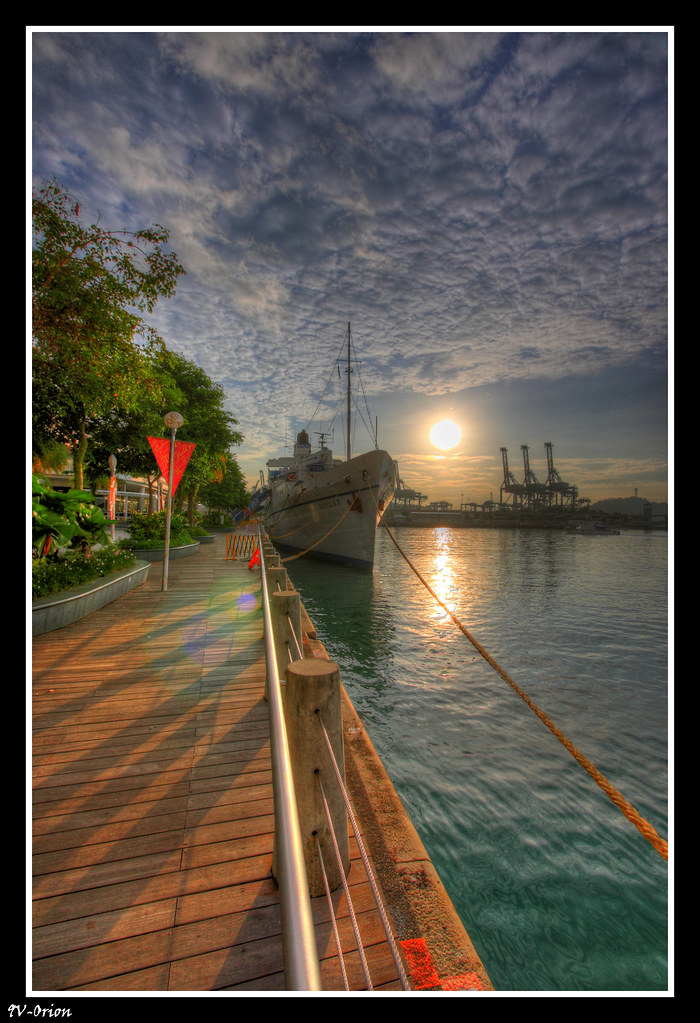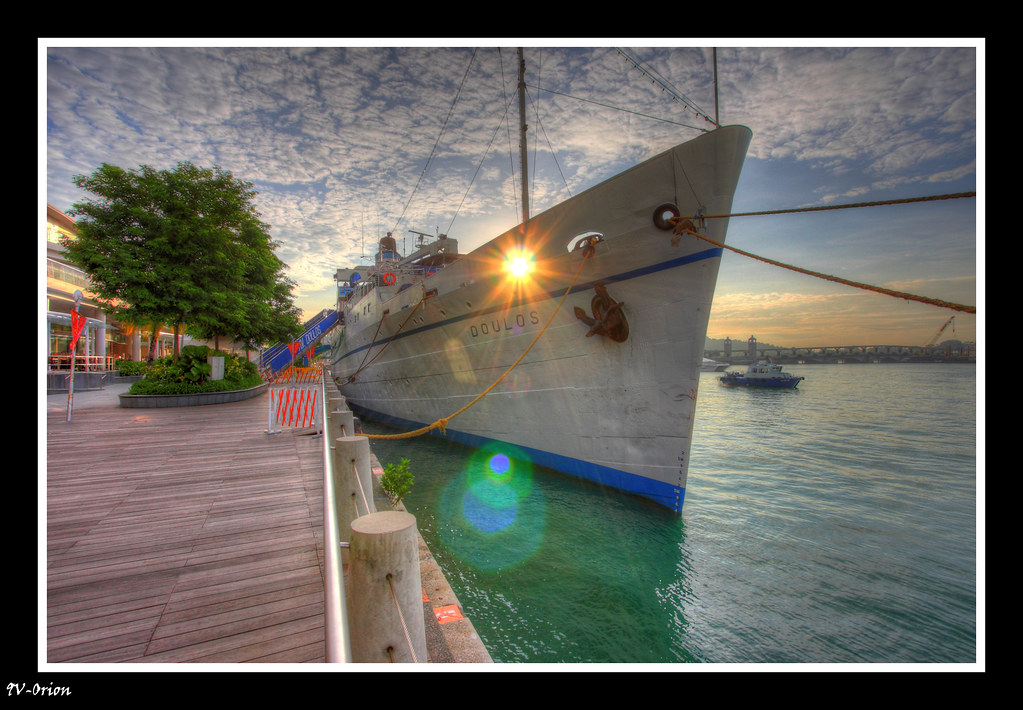Hello CSers, can someone enlighten me what is a HDR? Is it a function of a camera?
I tried reading it up on wiki (http://en.wikipedia.org/wiki/High_dynamic_range_imaging) but i still don't get it..
Don't tell me i'm stupid or dumb ah.. =) TIA
I tried reading it up on wiki (http://en.wikipedia.org/wiki/High_dynamic_range_imaging) but i still don't get it..
Don't tell me i'm stupid or dumb ah.. =) TIA








